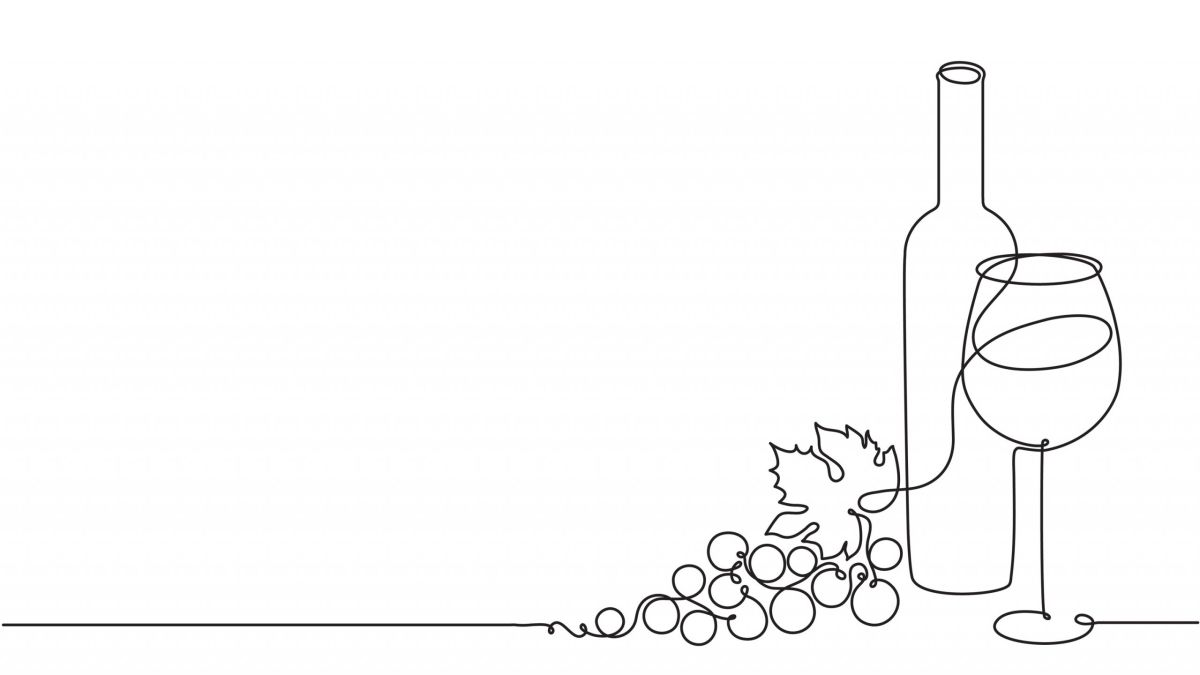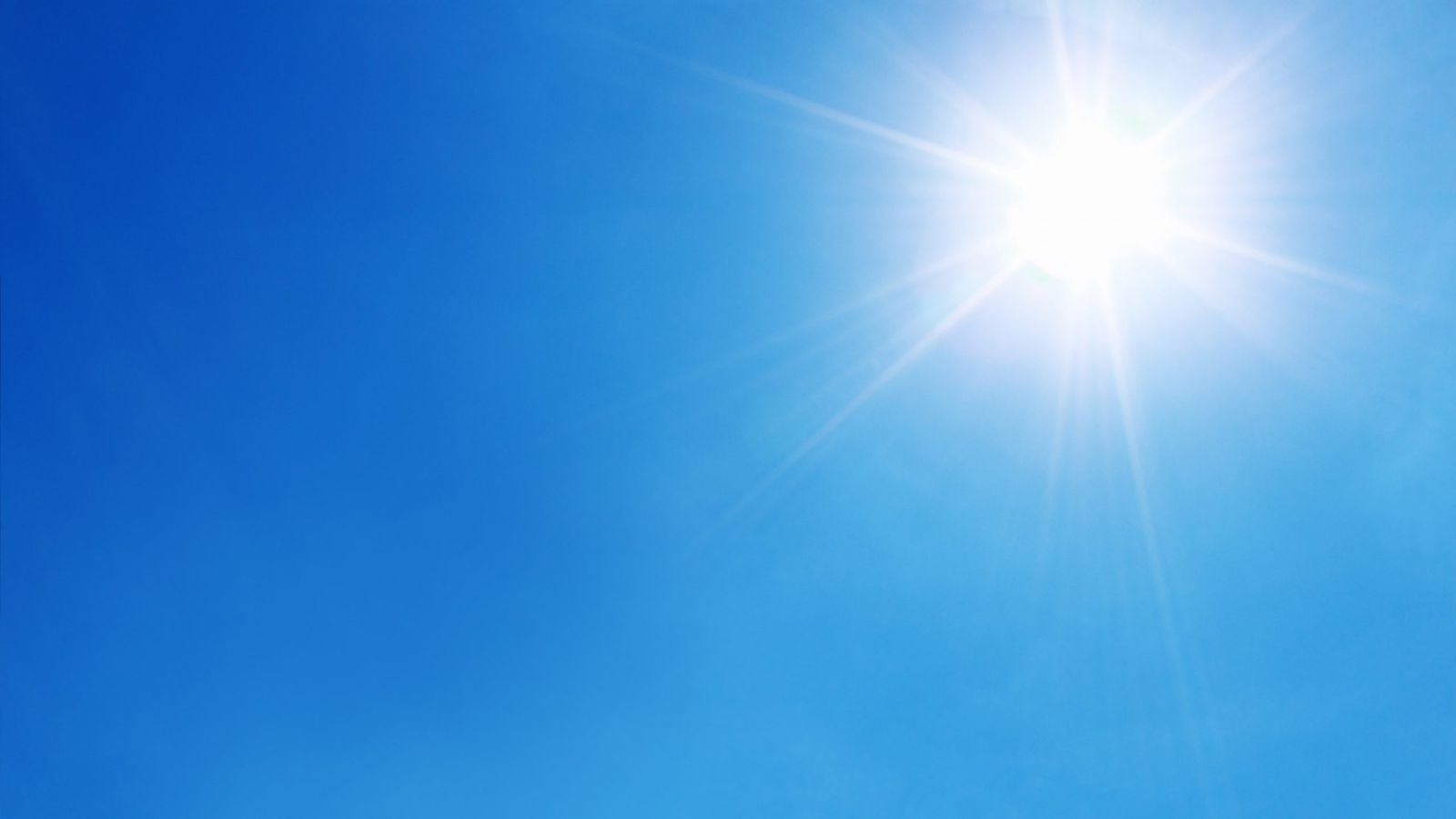Is Alcohol Considered Impure (Najs) in Islām ?
Imām Muḥammad ibn Ṣāliḥ al-ʿUthaymīn


Imām Muḥammad ibn Ṣāliḥ al-ʿUthaymīn (d. 1421 AH) said:
The Opinion of the Majority of Scholars
The majority of scholars, including the Four Imams and Shaykh al-Islām [Ibn Taymiyyah] (رحمهم الله), have adopted the opinion that it is considered najs. They use as evidence to support this view the saying of the Most High:
يَا أَيُّهَا الَّذِينَ آمَنُوا إِنَّمَا الْخَمْرُ وَالْمَيْسِرُ وَالْأَنصَابُ وَالْأَزْلَامُ رِجْسٌ مِّنْ عَمَلِ الشَّيْطَانِ
“O you who believe! Intoxicants (all kinds of alcoholic drinks), gambling, Al-Anṣāb, and Al-Azlām (arrows for seeking luck or decision) are an abomination [rijs] of Shayṭān’s (Satan) handiwork.”
(al-Māʾidah, 5:90)
The word used in the verse is ‘rijs’ which means najs [impure]. The evidence that rijs refers to that which is impure is the saying of the Most High:
قُل لَّا أَجِدُ فِي مَا أُوحِيَ إِلَيَّ مُحَرَّمًا عَلَىٰ طَاعِمٍ يَطْعَمُهُ إِلَّا أَن يَكُونَ مَيْتَةً أَوْ دَمًا مَّسْفُوحًا أَوْ لَحْمَ خِنزِيرٍ فَإِنَّهُ رِجْسٌ
“Say (O Muḥammad (صلى الله عليه وسلم)): “I find not in that which has been inspired to me anything forbidden to be eaten by one who wishes to eat it, unless it be maytah (a dead animal) or blood poured forth (by slaughtering or the like), or the flesh of swine (pork, etc.) for that surely is impure [rijs].”
(al-Anʿām, 6:145)
Also, there is nothing that would prevent that which is—in its original state— considered pure [e.g. grapes used in winemaking] from then being considered najs as a result of it changing to an intoxicating state. An example of this is that human beings consume that which is healthy and good but this is then excreted in a form that is considered najs and impure.
They also use as evidence the saying of the Most High:
وَسَقَاهُمْ رَبُّهُمْ شَرَابًا طَهُورًا
“And their Lord will give them a pure drink.”
(al-Insān, 76:21)
That is, this drink is granted in Jannah to the people of Paradise. It being ‘pure’ proves that the version of it found in this dunyá must be impure, and hence najs.
The Correct Opinion
The correct opinion in this issue is that alcohol is not considered najs. The evidence of this is the following:
1. The ḥadīth of Anas (رضي الله عنه): “When alcohol was made ḥarām, the people left their homes and poured it out in the streets.”1 It is unlawful for the paths meant for the traversal of the Muslims to be places for the disposal of that which is najs. Considering this, it is ḥarām for example, for a person to urinate on the street or pour out najāsah onto it. There is no difference in this between streets that are wide or narrow as narrated in the ḥadīth: “Be fearful of the two accursed ones.” They [the ṣaḥābah] replied: “Who are the two accursed ones O Messenger of Allāh?” He said: “Those who throw their waste in the paths of the people or in their shaded places [of sitting].”2 His (صلى الله عليه وسلم) saying: “The paths of the people” is comprehensive of wide and narrow paths. As it has been said that the streets of Madīnah were not all wide. Rather, the scholars (رحمهم الله) have said that the widest of its paths were seven arm lengths.
[Q]: Did the Prophet (صلى الله عليه وسلم) know that the people had poured out their alcohol in the streets?
[A]: If he knew, then his approval of this act would be considered an explicit narration from him (صلى الله عليه وسلم) directly. If he (صلى الله عليه وسلم) was unaware, then Allāh—the Most High—was well aware of their actions and He does not approve of the objectionable actions of His servants. Thus, their actions would take on the ruling of being associated with him (صلى الله عليه وسلم).
2. When alcohol was made ḥarām, the people were not ordered to clean their vessels from it after pouring it out. If alcohol was considered najs, they would have been commanded to do so. Just as they were commanded to clean the vessels that held the meat of domesticated donkeys when it was made ḥarām in the Conquest of Khaybar.3
[Q]: Alcohol was held in vessels before it was made ḥarām. At that time, its impure status had not been confirmed?
[A]: Its impure status [if it was impure] would have been confirmed at the time it was made ḥarām before it was poured out.
3. The ḥadīth narrated by Muslim in which a man brought a container containing alcohol to the Prophet (صلى الله عليه وسلم) as a gift. He (صلى الله عليه وسلم) said: “Do you not know that it has been made ḥarām?” The man spoke in secret to another regarding selling it. So the Prophet (صلى الله عليه وسلم) said: “What have you spoken to him concerning in secret?” He said: “I ordered him to sell it.” The Prophet (صلى الله عليه وسلم) replied: “Indeed, the One who has prohibited drinking it has also prohibited selling it.” Upon this, he opened the vessel and poured it out completely. This occurred in the presence of the Prophet (صلى الله عليه وسلم) and he did not say: “Wash it.” This incident undoubtedly occurred after the ruling of prohibition.
4. The original state of any substance is purity until proven impure. There exists no such evidence. Furthermore, prohibition alone does not stipulate impurity. The evidence of this is that poison is ḥarām but is not considered najs.
Answering the Evidence Provided by Those Scholars Who Hold Alcohol to be Impure (Najs)
We answer the usage of the verse [in sūrah al-Māʾidah] that the impurity being referred to here is metaphoric, not physical for two reasons:
- In the verse, alcohol is mentioned along with gambling, al-Anṣāb, and al-Azlām (arrows for seeking luck or decision). The impurity of these things is metaphoric.
- ‘Rijs’ being referred to in the verse is characterised as being “Shayṭān’s (Satan) handiwork.” Thus, the actions themselves are inherently impure. This impurity is non-physical, and therefore does not make the things associated with these activities najs in a physical sense.
As for His saying: “And their Lord will give them a pure drink,” we should not base our rulings on an implied meaning understood from what has been related to us from the bounties of the hereafter. Rather, we must confine our discourse to the rulings of this dunyá. Also, everything associated with Paradise is pure [not just the drinks], as there is nothing najs in Jannah. ‘Pure’ as in the verse also is interpreted as being metaphoric [in that it does not cause intoxication] as Allāh says concerning it:
لَا فِيهَا غَوْلٌ وَلَا هُمْ عَنْهَا يُنزَفُونَ
“Neither they will have Ghūl (any kind of hurt, abdominal pain, headache, a sin, etc.) from that, nor will they suffer intoxication therefrom.”
(al-Ṣāffāt, 37:47)
Such an interpretation is incumbent as the Sunnah from the Prophet (صلى الله عليه وسلم) proves that alcohol is not considered najs.
Also, the drinks of the people of Jannah are not exclusively alcoholic. Rather, they will also drink from its rivers of water, milk and honey. Thus, could we then say that water, milk and honey should all be considered najs [just as they have interpreted alcohol to be], all based on a claimed, implied, meaning of the verse?
[Q.]: How can you oppose the opinion adopted by the scholarly majority?
[A.]: Verily, Allāh—the Exalted in Might—has ordered us whenever there is a difference of opinion to return to the Book of Allāh and the Sunnah without consideration of the plethora of adopters on either side of an argument. It is by returning to the Book of Allāh and the Sunnah that it becomes clear for the one who truly contemplates that they do not contain any evidence that proves that alcohol is physically najs. If no such evidence exists, it must remain in its original state of purity. Furthermore, we have clarified the evidence that proves it is physically pure.
Endnotes:
[1] Authentic: narrated by al-Bukhārī: 2464 and Muslim: 1980.
[2] Authentic: narrated by Muslim: 269.
[3] Authentic: narrated by al-Bukhārī: 4196 and Muslim: 1802.
Source: al-Sharḥ al-Mumtiʿ 1:429-432
Translated by: Riyāḍ al-Kanadī

















